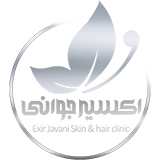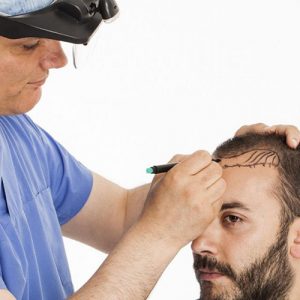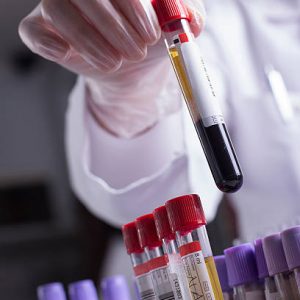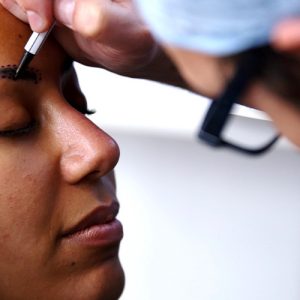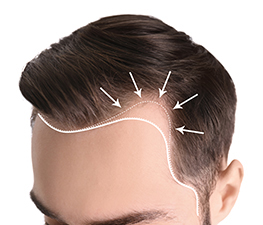Have a proper dinner the night before so that your body gains enough protein and sugar. Take a shower before sleeping and wash your hair with shampoo. Try to get enough and healthy sleep.
On the morning of the hair transplantation, have enough breakfast because you blood pressure may decrease a bit due to excitement. Avoid drinking any caffein such as coffee. Do NOT eat supplements and vitamins such as vitamin E. Avoid taking aspirin, if you have been using aspirin, stop it 10 days before the hair transplantation procedure. We strongly recommend you to avoid foods which contain garlic and ginger, herbal combinations of green tea, alcohol, and body building supplements such as keratin.
Plan your day so that you can be in the clinic at least half an hour before the procedure. When you get here, you will notice that everything is arranged in advance and the physician and the technicians are waiting for you. Therefore, leave the rest to them and enjoy thinking about your new look and hair in the next few months.
Generally, hair transplantation is a positive experience and you are not neither a patient or hurt. The only reason is that you want to have a new and younger look by hair transplantation. You noticed your hair fall and now you want to do something about it which is absolutely a right choice. So, cheer up about choosing hair transplantation and its benefits.
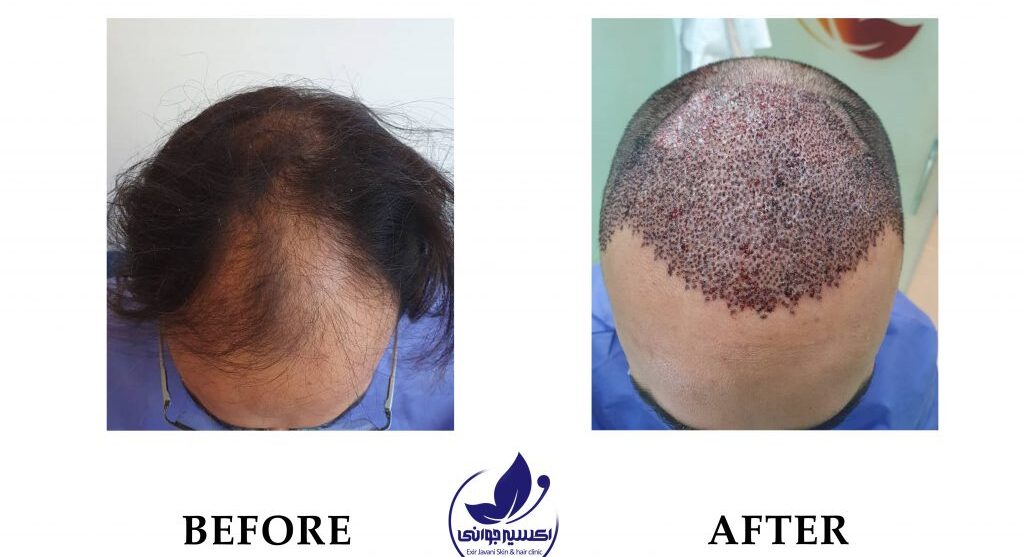
After Hair Transplantation
Hair transplantation after cares and following the recommended instructions are of great importance. The final results partially depend on your recovery period and how you take care of the transplanted hair stands.
Hair Transplantation After Care
1.During the first few nights after the transplantation, put two soft and puffy pillows under your head and shoulders. Try to sleep similar to sitting in the half way. This position will decrease the inflammation in the head and forehead.
2.While sleeping, you can use a bandage to keep the micrograft safe from being hurt.
3.On the day after the procedure, visit a nurse in our clinic to change your bandage.
4.From the second day on, you can change your bandage all by yourself. To do so, wash your hands carefully, sprinkle warm water on the bandage and then remove the bandage carefully so that the micro grafts are left untouched.
5.After hair transplantation, you will see small blood clots on the follicles. Keep them safe from being hit or touched especially while sleeping, getting in and out of the car, wearing a hat and similar actions.
6.If you are willing, you can wear a hat in public places after 3 – 4 days. The hat shouldn’t be tight, it should let the air move through freely, and it shouldn’t contact the clots. Remove your hat every now and then to let the fresh air touch your head and avoid pollution.
7.After the transplantation, keep your head and the follicles away from direct sun exposure.
8.Avoid strenuous activities and sports for 4 weeks.
9.Avoid long walks in the sunny and warm days.
10.Stay away from smoking and alcohol for 4 weeks because they affect the blood circulation in the grafts.
11.Avoid swimming for 6 weeks.
12.Postpone using gels, creams, foams, and hair dye colors for 6 months.
13.It’s forbidden to use wigs because it blocks the blood circulation and oxygen moving through to your hair.

Remember bellow:
1.Every day washing prevents infection and increases the removal of the clots.
2.For three weeks, keep you head laid forward in the shower.
3.Do NOT use very hot or very cold water or hot hair dryer (warm water).
Probable Side Effects of Hair Transplantation
In some cases, some people may experience mild and temporary side effects such swelling, pain, itching or sometimes infection which will fade if they follow the bellow instructions:
Swelling
It is normal to see swelling in the forehead and eyebrows areas after transplantation. In order to avoid the swelling and relieving it, you need t sleep in the half sitting position. In the first few days, cool off your forehead with a cold pack 3 – 4 times a day. Do not put the cold pack directly on the follicles. The swelling will fade by time. If the swelling made you feel uncomfortable, come to Exir Javani so that the specialist prescribes some medicine if needed.
Pain
Normally, you feel no pain after hair transplantation. You can take Acetaminophen or Codeine for mild pain.
Itching
You may feel some itching after transplantation which is normal. It goes away in time and as the clots start to fall. If needed, your specialist prescribes you some medicine.
The Growth Process of the Transplanted Hair
In the first week, the clots fall and regular washing enhances this phase. From the first week on, 2 -6 percent of the planted hair strands fall but the hair bulb remains unharmed under the skin. They enter the so-called hibernation phase. Two months after hair transplantation, your hair go back to their normal state before the transplantation.In the second and third month afterwards, the planted follicles start to sprout. As the time goes by, the number and thickness of hair strands increase. It is possible that new hair from the planted follicles look a bit different from others. The hair bulb gets deeper into the skin and the hair start to grow a better quality. The hair growth continues to thrive. After 9 -12 months after the transplantation, the new hair gets their real quality and form. In the second year after hair transplantation, the hair fits into a natural looking density and texture.
